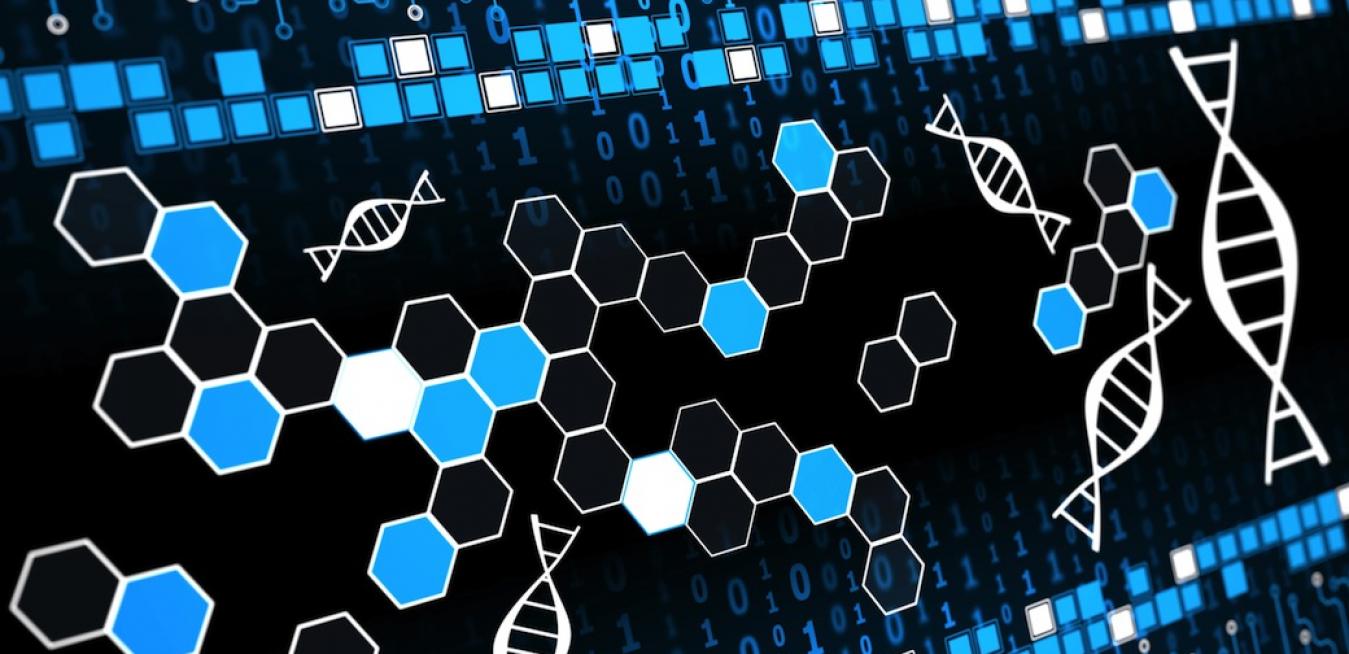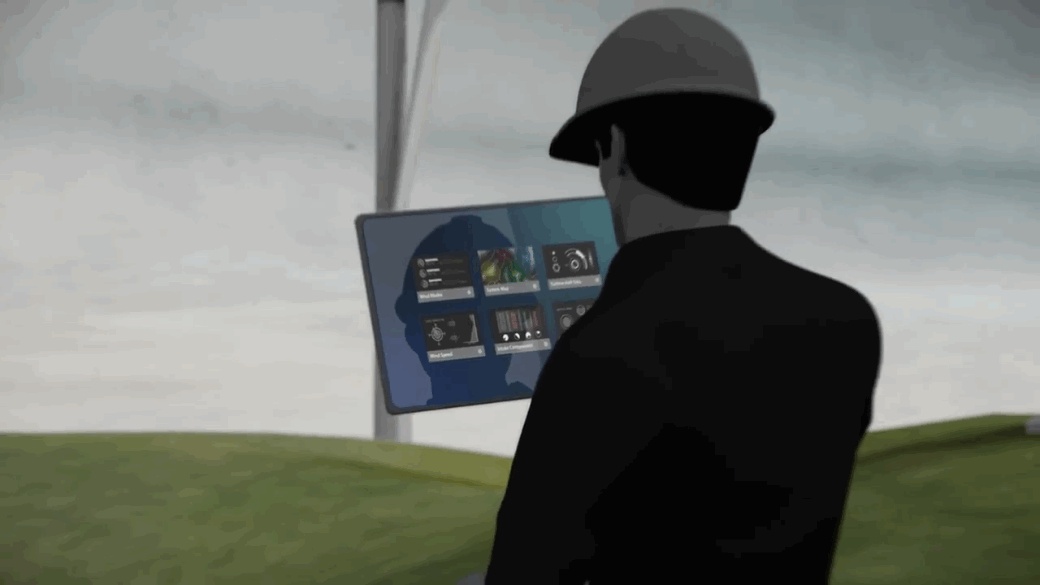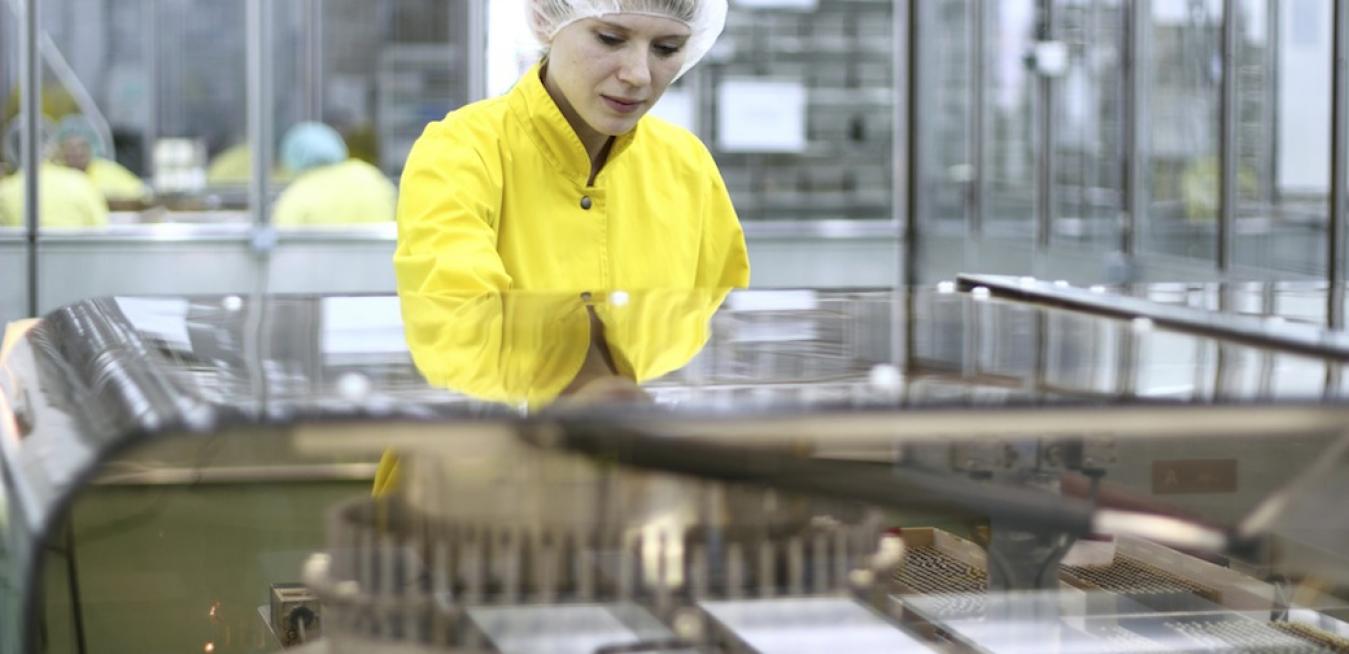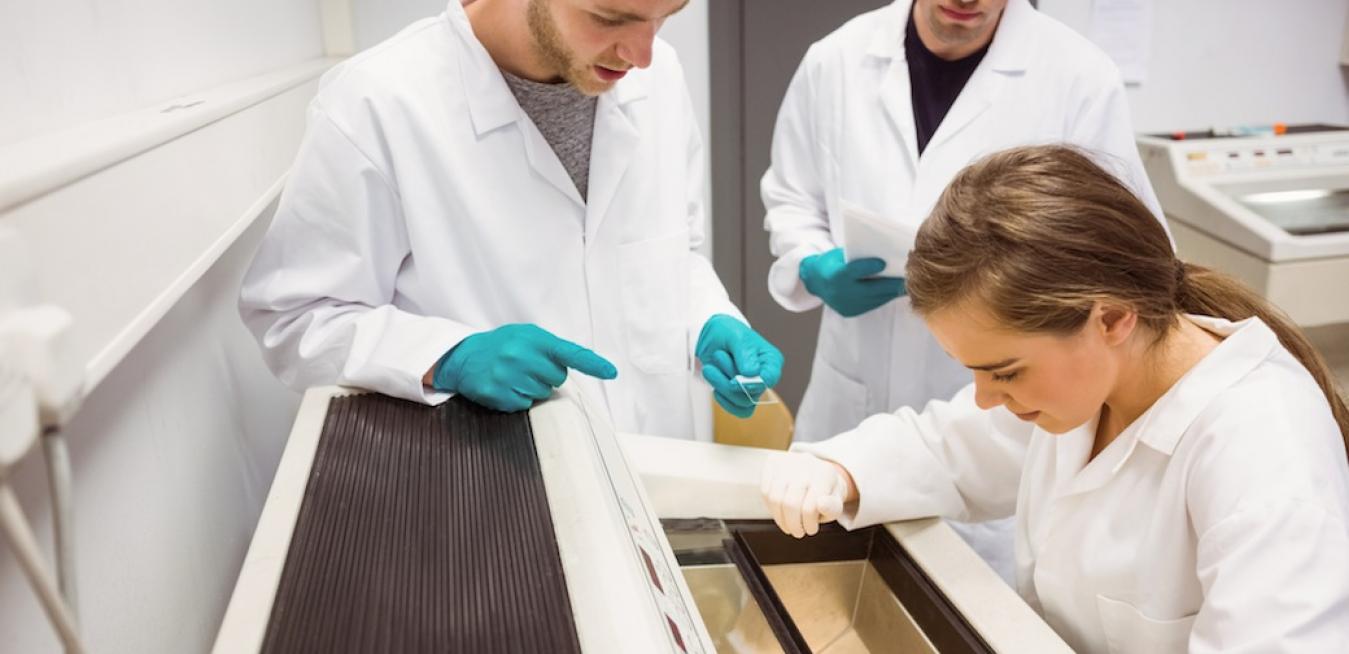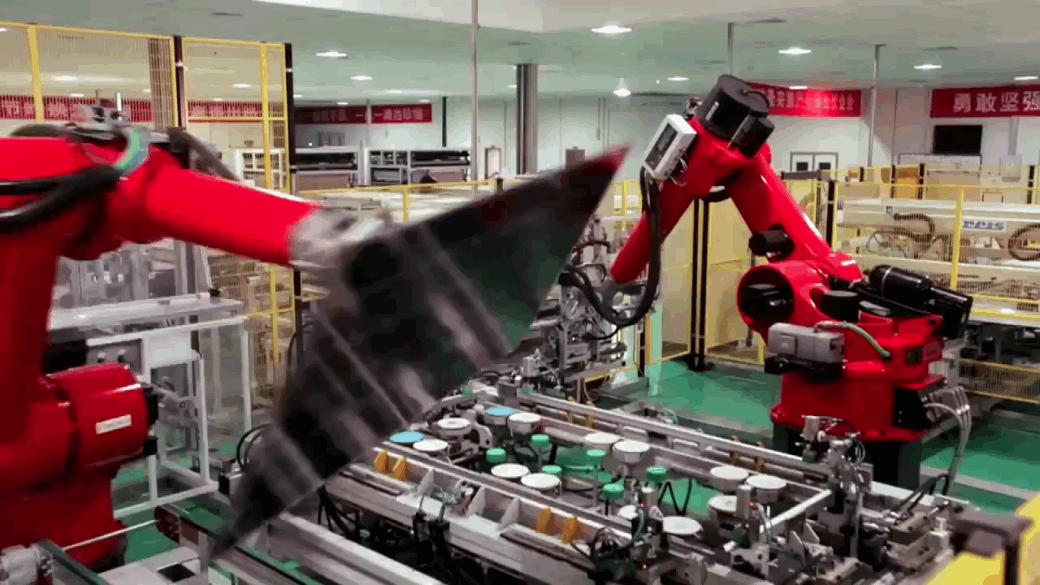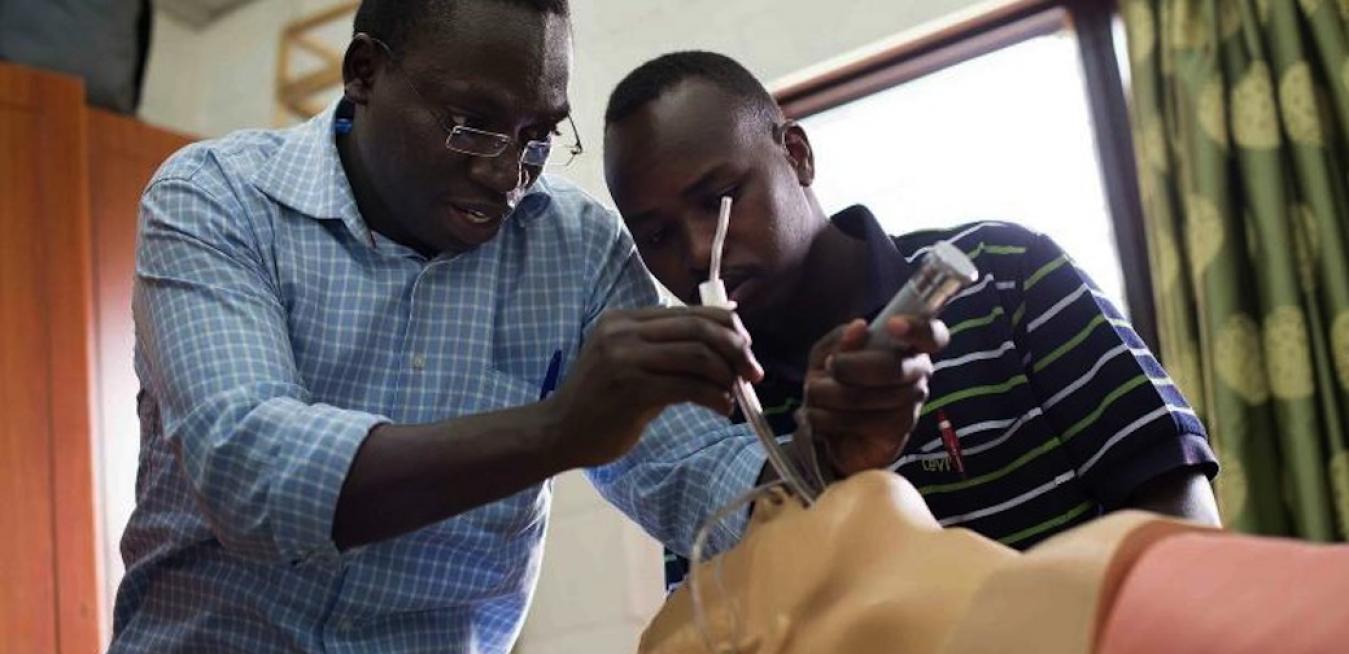From President Obama to the Pope, there are growing signs of consensus for tackling climate change at a global scale.
This has been a big summer for climate diplomacy. So big, the 21st annual Conference of Parties to the U.N. Framework Convention on Climate Change, which will open with enormous media attention in Paris in late November, is already in part a success. Key developments include:
- the world’s largest greenhouse gas emitter — China — released a climate action plan, building on its climate agreement with the U.S. last fall,
Big Data holds the potential to revolutionize healthcare — improving care, reducing costs, even alerting us to the threat of epidemics before they occur.
What if we could predict disease? That long sought-after goal — and the major implications it would have for the quality and cost of healthcare — was the genesis of a recent study by MIT researchers.
The industrial app economy will spur innovation by enabling a more seamless environment for people and machines to work smarter and more efficiently together.
We live in a world of apps. They have become so pervasive in our daily experience that we don’t even think about it anymore: an app wakes us in the morning, and another app reports the quality of our sleep; we use apps to move around town, book restaurants and movies, track our weight and physical activity, meet friends, stream music and keep up with the news. Life is an app.
Industrial machines equipped with advanced analytics have the potential to transform economic growth and innovation — if they can work together.
A home free of toxic chemicals, a healthy diet, an early education program — at first glance, nothing ties these factors together. But a closer looks reveals how the environment in which children are raised can have tangible outcomes on their long-term health.
Amid signs that innovation is slowing, countries should commit to bolster global trade and IP protection.
Albert Einstein once advised, “Life is like riding a bicycle. To keep your balance you must keep moving.” Einstein recognized that innovation is not a destination, but a journey. When you stop moving, the journey ends.
How to close the “middle skills” gap for technical-level jobs that don’t require a four-year college degree.
Patents have pushed the U.S. economy forward by encouraging innovation across all industries, from medicine to manufacturing and technology, giving America a competitive edge in today’s global economy.
Like other Afro-preneurs, farmers must overcome a number of constraints to launching and growing a business.
In many parts of the developing world, hospitals are far away and nearby healthcare providers lack the skills to deliver emergency medical care. With the proper training and tools, however, access to quality emergency care can be greatly improved, says Dr. Rachel Moresky, assistant professor of medicine and population and family health at Columbia University’s Mailman School of Public Health and College of Physicians & Surgeons.






